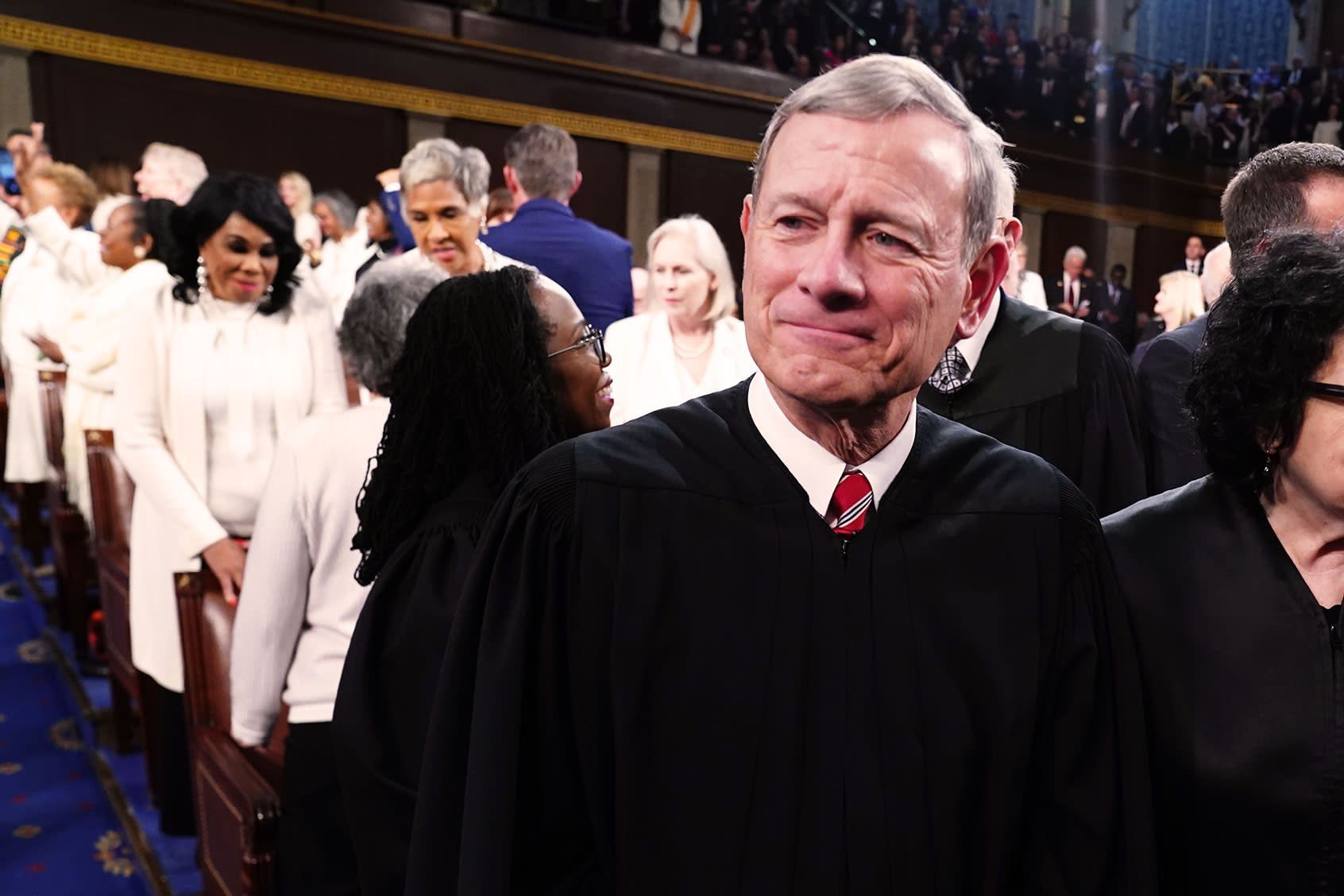A recent opinion piece has sparked debate over whether the Supreme Court, under Chief Justice John Roberts, has shown a pattern of deference to executive authority, particularly during the Trump administration. The discussion raises concerns about the judiciary’s independence and its role in maintaining the balance of power among the three branches of government.
Allegations of Favoritism Toward Executive Power
Critics argue that several key decisions in recent years suggest a willingness by the Roberts-led Supreme Court to align with executive interests, potentially eroding the judiciary’s role as an independent check on presidential authority. This criticism has been fueled by rulings that have broadly interpreted executive powers while limiting challenges to presidential actions.
Roberts’ Stance on Judicial Independence
Despite these concerns, Chief Justice Roberts has repeatedly emphasized the importance of an independent judiciary. In past statements, he has warned against undermining federal court rulings and highlighted the necessity of a judicial branch free from political influence. However, his court’s rulings in cases related to election law, immigration policy, and administrative regulations have led some legal experts to question the extent to which the Supreme Court remains an impartial arbiter.
Implications for the Rule of Law
The ongoing debate over the Supreme Court’s deference to executive power has significant implications for the rule of law in the United States. If the perception grows that the judiciary is aligning too closely with the executive branch, it could undermine public confidence in the courts and raise questions about the separation of powers enshrined in the U.S. Constitution.
As legal scholars continue to analyze the court’s trajectory, the Roberts Court’s decisions in upcoming cases will be closely watched for indications of whether it will reaffirm its commitment to judicial independence or further entrench a pattern of deference to executive authority.



